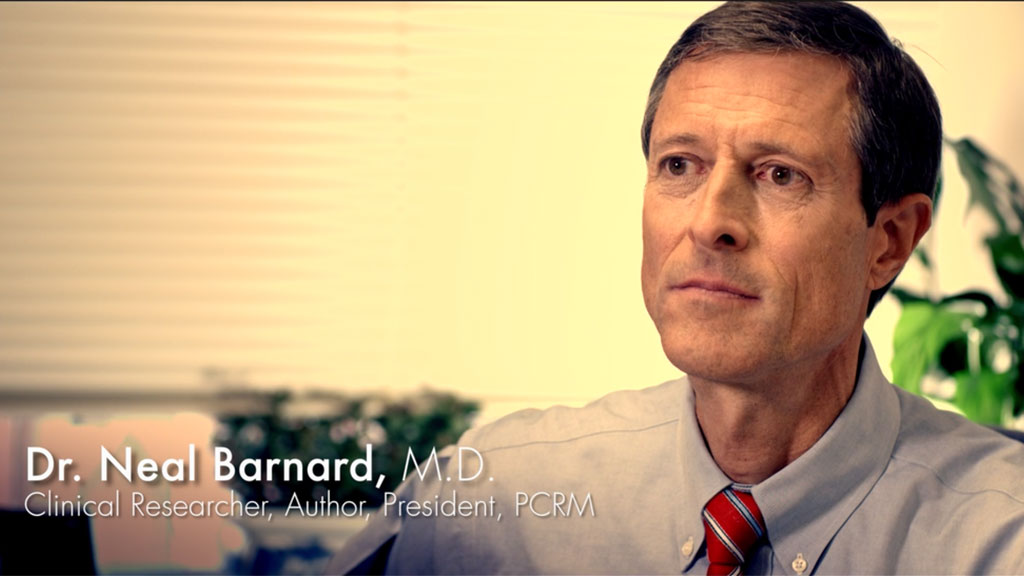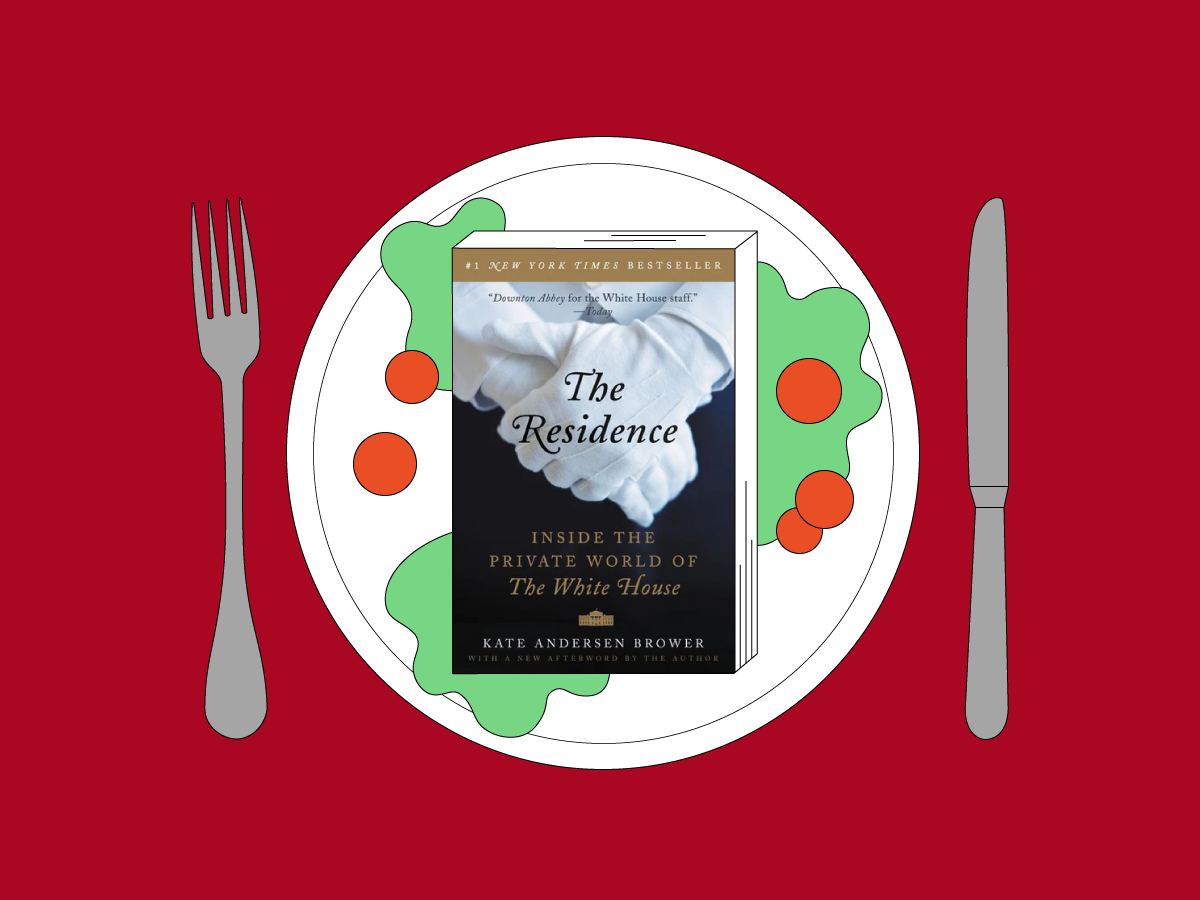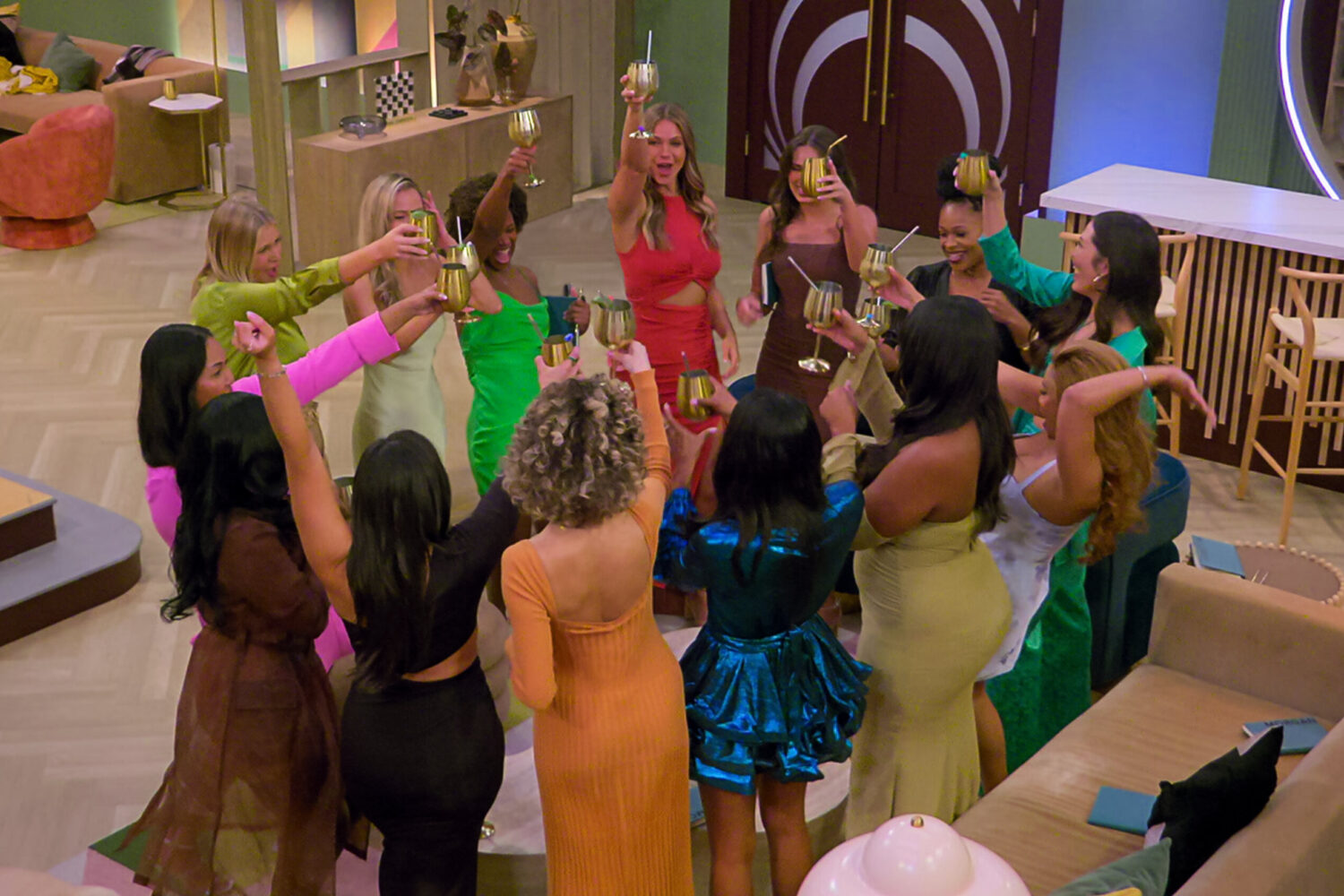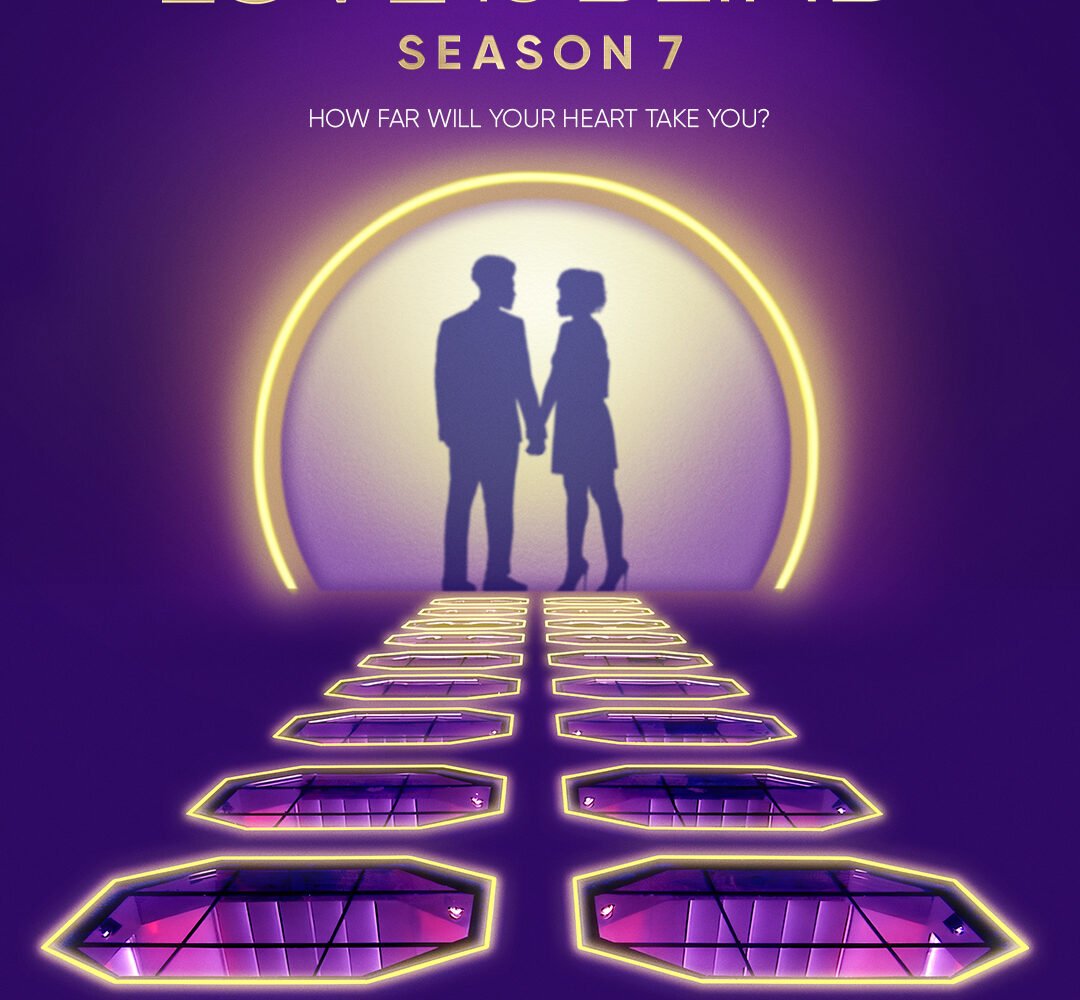After What the Health, a new food documentary, was added to Netflix in June, it kicked up a stir in the health world. The film, directed by and starring filmmaker Kip Andersen, goes on the offensive against the prevalence of animal products and byproducts in the American diet, looking at the potential effects eating meat and dairy has on human health and environmental health and praising the virtues of veganism.
But it wasn’t long before responses to the controversial film started appearing online. Some were positive, from authors who say they’re ready to give up meat in favor of a plant-based, vegan diet. Others were negative, criticizing the film for cherry-picking studies that supported the movie’s claims, taking health organization statements out of context, and employing “gotcha” journalism.
Dr. Neal Barnard, the founder of the Physicians Committee for Responsible Medicine in DC and associate professor of medicine at the George Washington University School of Medicine and Health Sciences, was one of the sources that Andersen interviewed for the documentary. Barnard doesn’t shy away from controversial statements; his 2017 book The Cheese Trap condemns consuming dairy, which has been considered a “health food.” But what did he think about the final product of What the Health and the response it’s received? We asked.
What did you think of the film?
I was really glad to see it because people tend to not think about the foods that they eat, and they tend not to talk about it too much.
Did you agree with everything in the film?
I’m not sure if I remember every part of the film, but the main thrust of it is if we move towards a plant-based diet, that’s going to be a really good move. And I think that’s clearly true. Our research has shown that quite robustly.
The film has received some criticism and comments about it being irresponsible, poor journalism, and cherry-picking studies to present in the film. What are your thoughts on those comments?
Keep in mind that a movie is not a journal article. A movie needs to get people’s attention and lay out some things that people can then talk about. That’s a great contribution, and I would go further and say that the evidence of benefits for a plant-based diet is really quite convincing. It seems that our overarching [arguments] are pretty hard to criticize, which is that vegetables, fruits, grains, and beans are things that Americans are neglecting and cheese and sausage are things that they are indulging in, and if we can change those things we are going to be a lot healthier. My hope is that anyone who got angry about What the Health is they will take that anger over to their vegan restaurant and have a healthy lunch or dinner. Maybe when they get a little more fiber in their diet, they will calm down a little bit.
Do you think it’s a good thing that the documentary has been controversial?
Maybe. I don’t know. The more people talk about food and health, the better off we are. Where I think we run into the biggest problems—it’s not a documentary that’s controversial. When they get home and they pick up their remote control, the commercial messages that are going to be directed at them are presenting such a risk-laden view of food. “Pile the burgers on higher” is basically the message, and the other half of the commercials are for medicine to try to make it all go away. That’s the crazy world that we live in. If someone is trying to make a documentary about it and saying, “Wait a minute, stop this craziness!” I think that’s a terrific thing. There are a lot of forces of evil out there, and if anybody wants to criticize a movie that’s trying to shine a spotlight on these issues, I think they should really look at the real problems we have in the culture.
If there’s one takeaway you want people to have from the film, what would it be?
If you’re standing at the edge of a swimming pool, sticking your toe in the water and noticing what a great time everyone is having there in the pool and wondering if you should dive in, the answer is yes, now is the time. A vegan diet really is a great way to go, and like any other diet, it takes a week or two or three to adapt, but you will be so glad that you have done it.
This interview has been edited and condensed.




















